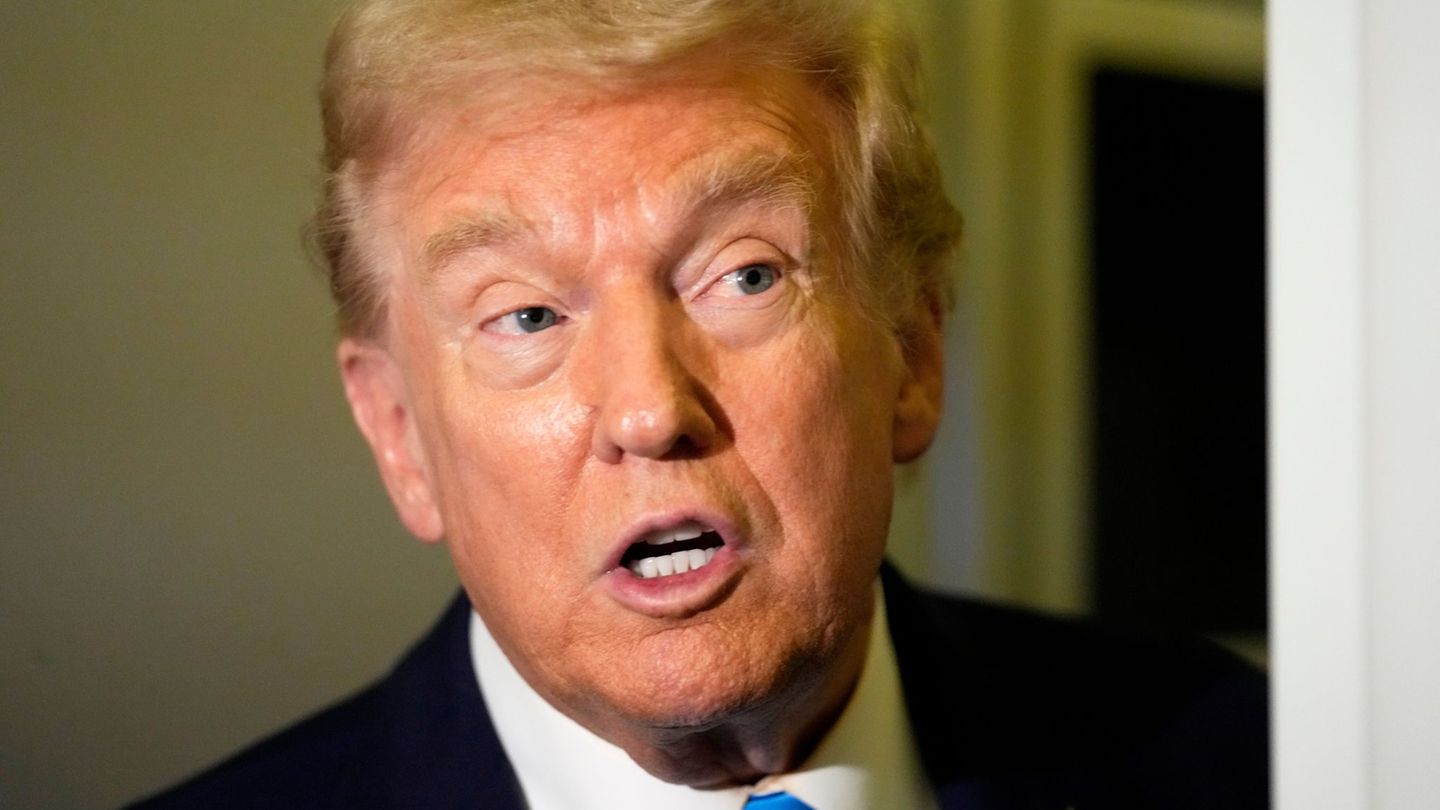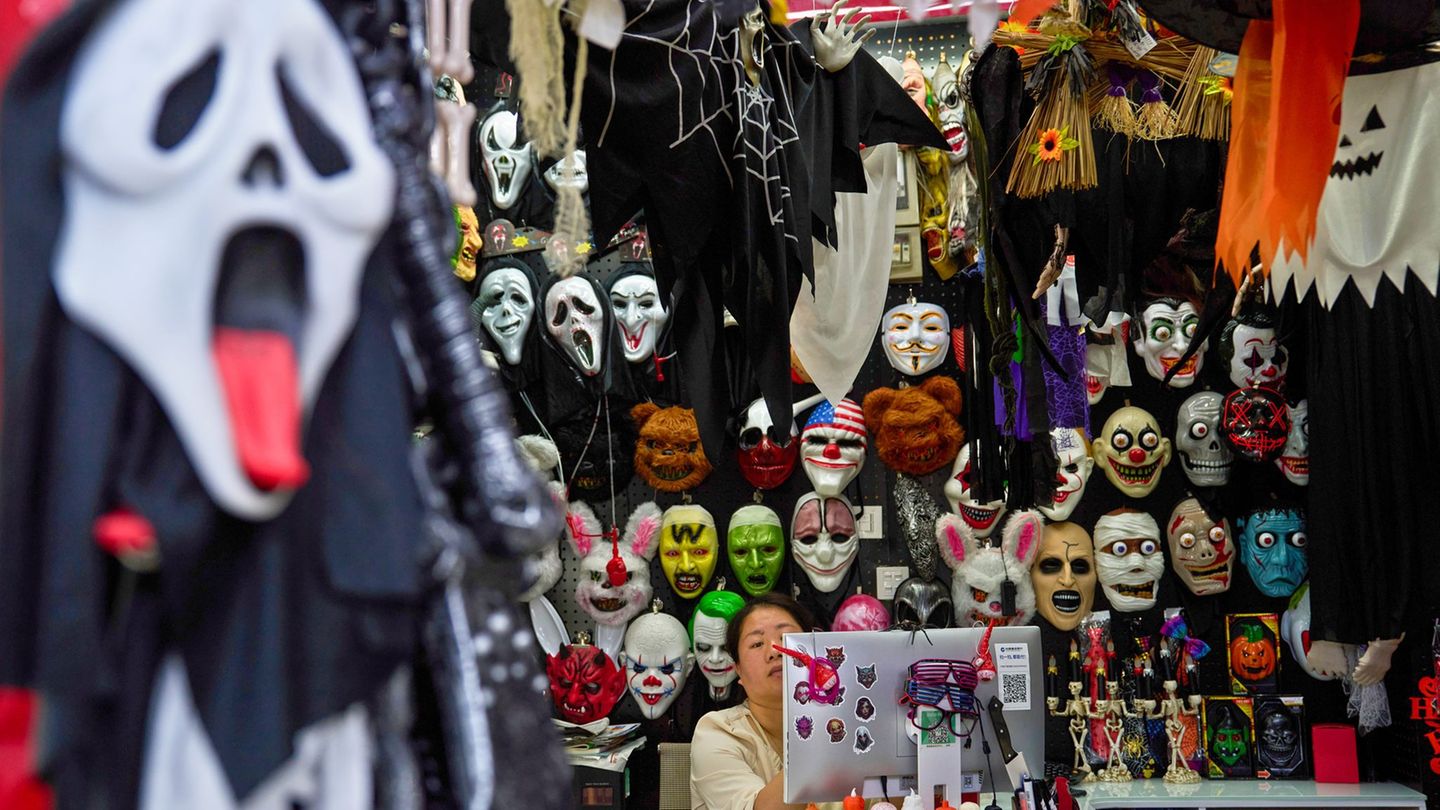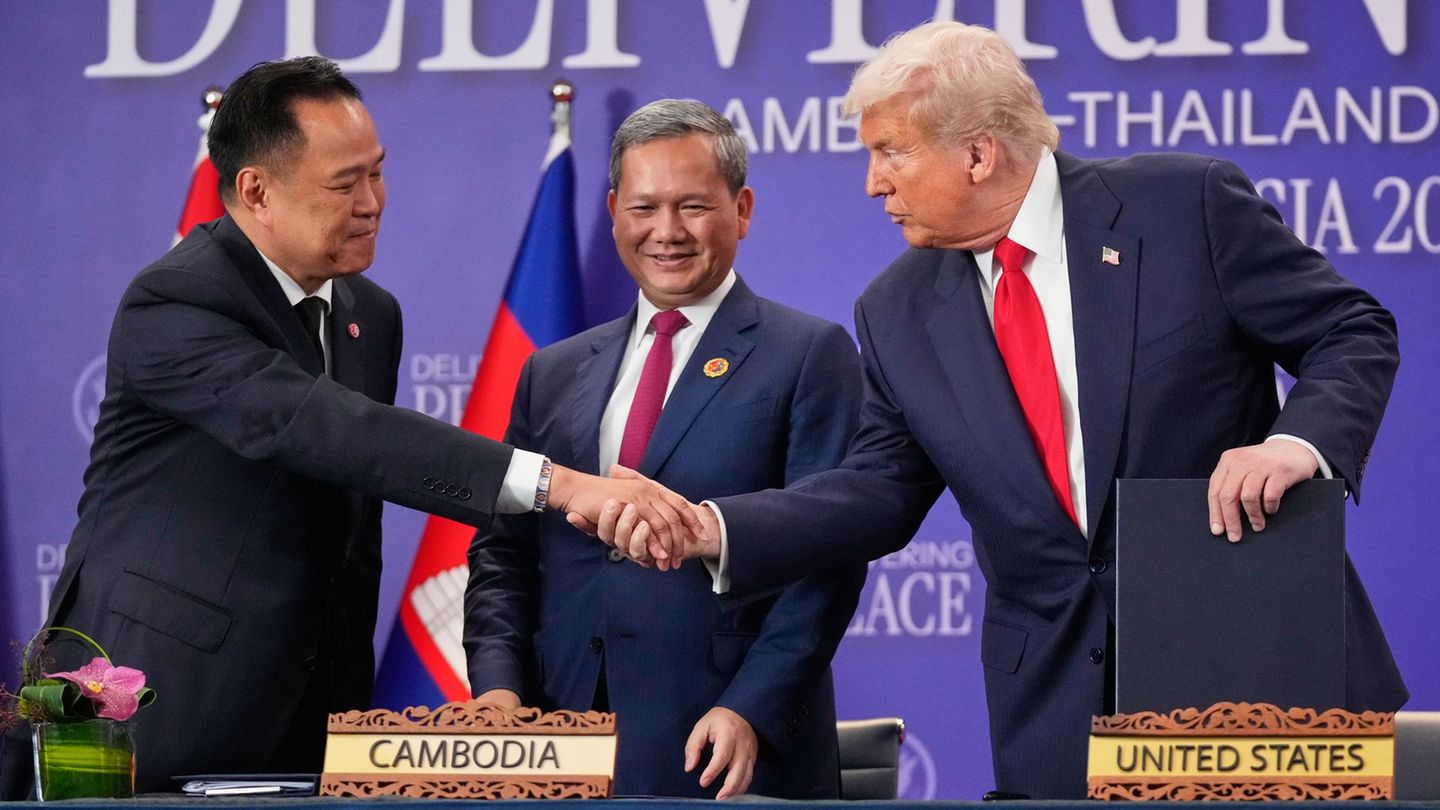And again, the issue is suspected fraud in China: German entrepreneurs are raising the alarm about possibly falsely declared biofuels. The Ministry of the Environment refers to the EU Commission.
The German Farmers’ Association and other organizations are complaining about fraudulent deals involving biodiesel imports from China. “We are seeing how the German market is being flooded with supposedly advanced biodiesel based on used fats from China, but which obviously comes from relabeled palm oil,” said the General Secretary of the Farmers’ Association, Bernhard Krüsken, to the “Augsburger Allgemeine”. The Union for the Promotion of Oil and Protein Plants (UFOP) also expressed criticism of the processes that have been causing unrest among German farmers and oil producers since the beginning of last year. The German market is being flooded with “advanced biodiesel” from China without it being possible to check that it is actually a permitted fuel mixture, Ahrens told the German Press Agency.
When asked, the Federal Environment Ministry stressed that there has been no confirmation of any such suspected cases to date. Market participants have repeatedly raised the suspicion that “intentionally falsely declared biodiesel from Chinese production is being brought onto the market at dumping prices” and that the price level is being lowered as a result. However, neither the Federal Government nor the EU Commission have received any confirmation of any suspected cases, they say.
Ministry monitors suspected cases of fraud
The ministry spokesman also made it clear: “We reject the accusation that the federal government does not see an urgent need for action here.” Steffi Lemke’s (Greens) office is monitoring the alleged cases of fraud on the biofuel market “very closely.”
The general secretary of the farmers’ association, Krüsken, sees considerable damage to the domestic industry. Mineral oil companies could count the barely controlled certificates of the questionable imported fuels several times in their CO2 balance, said Krüsken. They would therefore buy less domestic rapeseed oil or bioethanol for the prescribed blending into diesel and petrol.
The background to this is the suspicion that oil companies are purchasing cheap biofuels from China and having them counted multiple times towards their climate protection balance – even though the fuel does not actually meet the requirements to be counted in this way. In order for multiple counting towards the so-called greenhouse gas reduction quota (GHG quota) to be possible in this case, the biofuels must be advanced and consist of waste, residual materials or forest wood. The counting of pure rapeseed, grain or palm oil is not permitted.
Farmers’ association sees evidence of fraud
The German Farmers’ Association and German suppliers of advanced biofuels see the large volume of imports of this type from China and the lack of control mechanisms on site as evidence of fraud. The Ufop association, citing EU statistical data, expects the figure to be several hundred thousand tons in 2023.
However, despite a criminal complaint by the Federal Office for Agriculture and Food (BLE), no investigation has yet been launched. The Bonn public prosecutor’s office has argued that the facts of the case do not constitute a criminal offense and has therefore rejected the case, the spokesperson for the Ministry of the Environment explained. As soon as new findings are available, they will be sent to Bonn immediately, it said. However, the EU Commission has the greatest legal leverage – the body that is also responsible for recognizing the companies that issue the certificates for the sustainable production of fuels.
Brussels with anti-dumping proceedings
The problem of potentially mislabeled biofuels exists throughout the EU internal market and not just in Germany, the ministry stresses. It is to be welcomed that the Commission has announced the initiation of an anti-dumping procedure on the import of biodiesel, despite the suspected cases. This concerns fuels from China “which were allegedly imported into the EU below their normal value and would therefore cause significant damage to EU producers”.
Ufop Managing Director Ahrens demands that the inclusion of fuels in the GHG quota, and consequently in the carbon footprint of corporations, should only be permitted if the production of fuels in the respective country can be independently controlled. This is not the case in China.
Criticism also came from the Union. “The European and national control systems absolutely have to be tightened up,” warned the environmental policy spokeswoman for the Union parliamentary group, Anja Weisgerber. The federal government is acting far too hesitantly. The victims are “the domestic biofuel manufacturers and the owners of electric cars, who have to accept falling income for their climate protection contribution in the form of GHG quotas due to the Chinese oversupply,” she explained.
Alleged fraud also in climate protection projects
In recent weeks, an affair involving alleged fraud in climate protection projects in China has also caused a stir. According to the Federal Environment Agency, German mineral oil companies allegedly had a contribution credited to their CO2 balances that was due to projects in China that probably never existed. Environment Minister Steffi Lemke (Greens) spoke of “serious environmental crime”.
According to Lemke, 40 of 69 projects in China are currently suspected of fraud. However, there is no direct connection between the events surrounding biodiesel imports and the fraud cases investigated by the UBA. What both cases have in common is that it is almost impossible to reliably monitor processes that take place directly in China.
Source: Stern




